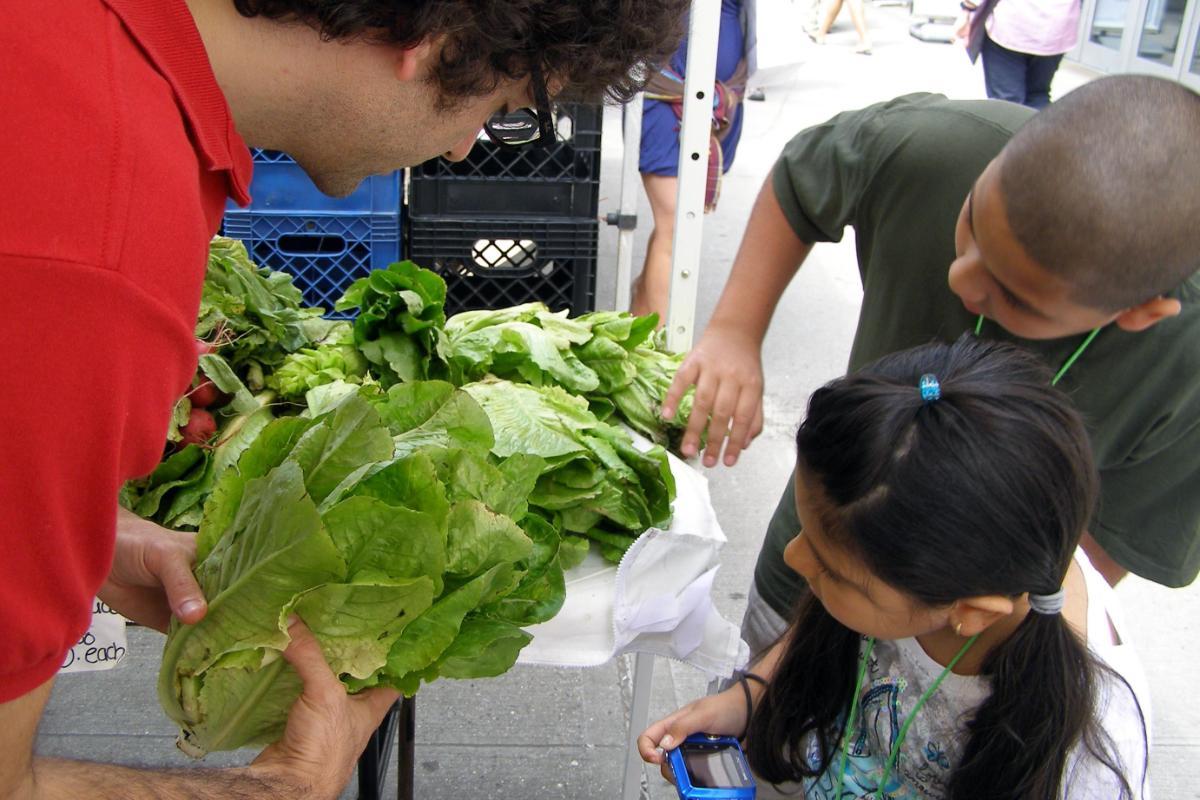With pandemic school closures, educational platforms, websites, and applications have become a daily part of students’ lives. Homes have replaced school buildings, and tablets and computers have replaced classrooms. Teachers and families have come to depend on online learning platforms and applications.
These platforms should be safe havens from marketing distractions. Yet, parents shared examples of unhealthy food marketing on digital platforms required by their children’s schools. When students should be developing healthy, life-long behaviors and critical thinking skills, school-sanctioned food marketing undermines students’ development and conflicts with class food and nutrition education.
That’s why we are asking USDA to issue guidance that would help school districts their strengthen local wellness policies (LWPs). Today, the Tisch Food Center sent a letter to USDA with prominent academic, public health, education, and advocacy organizations signed on. We asked the agency to make clear that food marketing on digital devices is unacceptable.
LWP regulations require school districts to develop policies that limit student exposure to the least healthy food and beverage advertisements. These regulations protect students by only permitting marketing for food and beverages that meet Smart Snacks standards, the standards for foods and beverages sold outside the school meal programs. The idea is that if a product’s nutritional quality is so poor that USDA does not allow companies to sell it in schools, companies should not be allowed to market the product on the online platforms that are now replacing classrooms.
We worked with partners to reach out to several food companies and the Children’s Food and Beverage Advertising Initiative (CFBAI), the industry’s self-regulatory body. In response, three major food advertisers—McDonald’s, Kraft Heinz, and Kellogg—committed to temporarily cut advertising on ed platforms, and CFBAI has informally asked all of its member companies to avoid advertising on education platforms through 2020. While this is a step forward, we believe that stronger policies are necessary to eliminate students’ exposure to online food marketing of unhealthy foods and beverages. The future health of our students depends on it.
Read our Letter to the USDA
